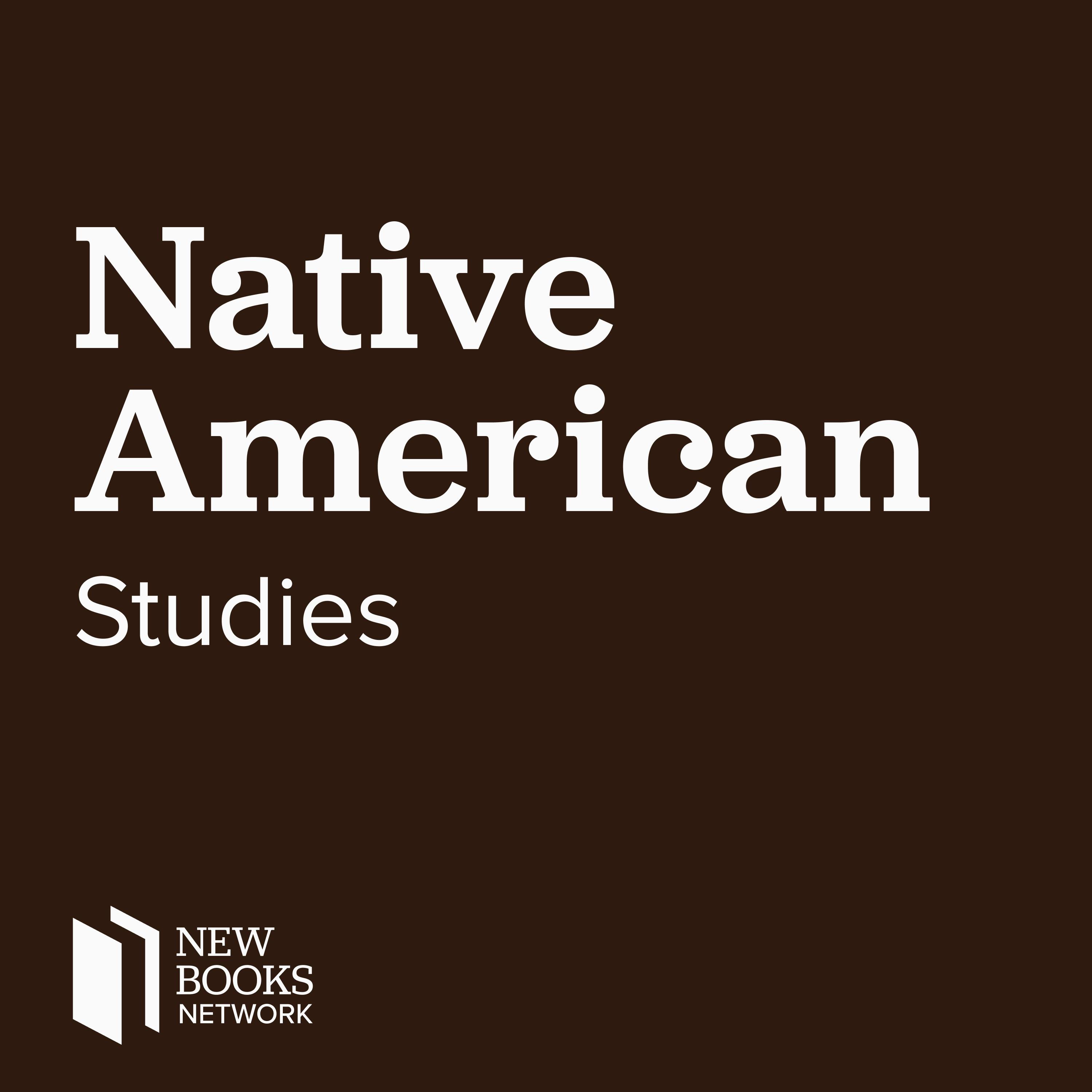Jack Glazier, "Anthropology and Radical Humanism: Native and African American Narratives and the Myth of Race" (MSU Press, 2020)
Description
Paul Radin was one of the founding generation of American cultural anthropologists: A student of Franz Boas, and famed ethnographer of the Winnebago. Yet little is known about Radin's life. A leftist who was persecuted by the FBI and who lived for several years outside of the United States, and a bohemian who couldn't keep an academic job, there are many chapters in Radin's life which have not been told.
In Anthropology and Radical Humanism: Native and African American Narratives and the Myth of Race (Michigan State University Press, 2020), Jack Glazier tells the story of Radin's work at Fisk University in the late 1920s. During his three-year appointment, he and graduate student Andrew Polk Watson collected autobiographies and religious conversion narratives from elderly African Americans. That innovative, subject-centered research complemented like-minded scholarship by African American historians reacting against the disparaging portrayals of black people by white historians. In this book, Glazier describes Radin's commitment to documenting people's own stories as they told them and his respect for them as people as a form of 'radical humanism' and sets Paul Radin's findings within the broader context of Boasian anti-racism, African American culture, and his career-defining work among the Winnebago.
In this episode of the podcast Jack Glazier talks to host Alex Golub about Radin and the Boasians, the influence of Charles S. Johnson at Fisk, and how contemporary activists might view the strengths and limitations of Radin's radical humanism.
Alex Golub is an associate professor of anthropology at the University of Hawai‘i at Mānoa.
Learn more about your ad choices. Visit megaphone.fm/adchoices
Support our show by becoming a premium member! https://newbooksnetwork.supportingcast.fm/native-american-studies
More Episodes
Historians of the American South have come to consider the mechanization and consolidation of cotton farming—the “Southern enclosure movement”—to be a watershed event in the region’s history. In the decades after World War II, this transition pushed innumerable sharecroppers, tenant farmers, and...
Published 04/28/24
How do bureaucratic documents create and reproduce a state’s capacity to see? What kinds of worlds do documents help create? Further, how might such documentary practices and settler colonial ways of seeing be refused?
Settler Colonial Ways of Seeing: Documentation, Administration, and the...
Published 04/23/24
The past several decades have seen a massive shift in debates over who owns and has the right to tell Native American history and stories. For centuries, non-Native actors have collected, stolen, sequestered, and gained value from Native stories and documents, human remains, and sacred objects....
Published 04/18/24


